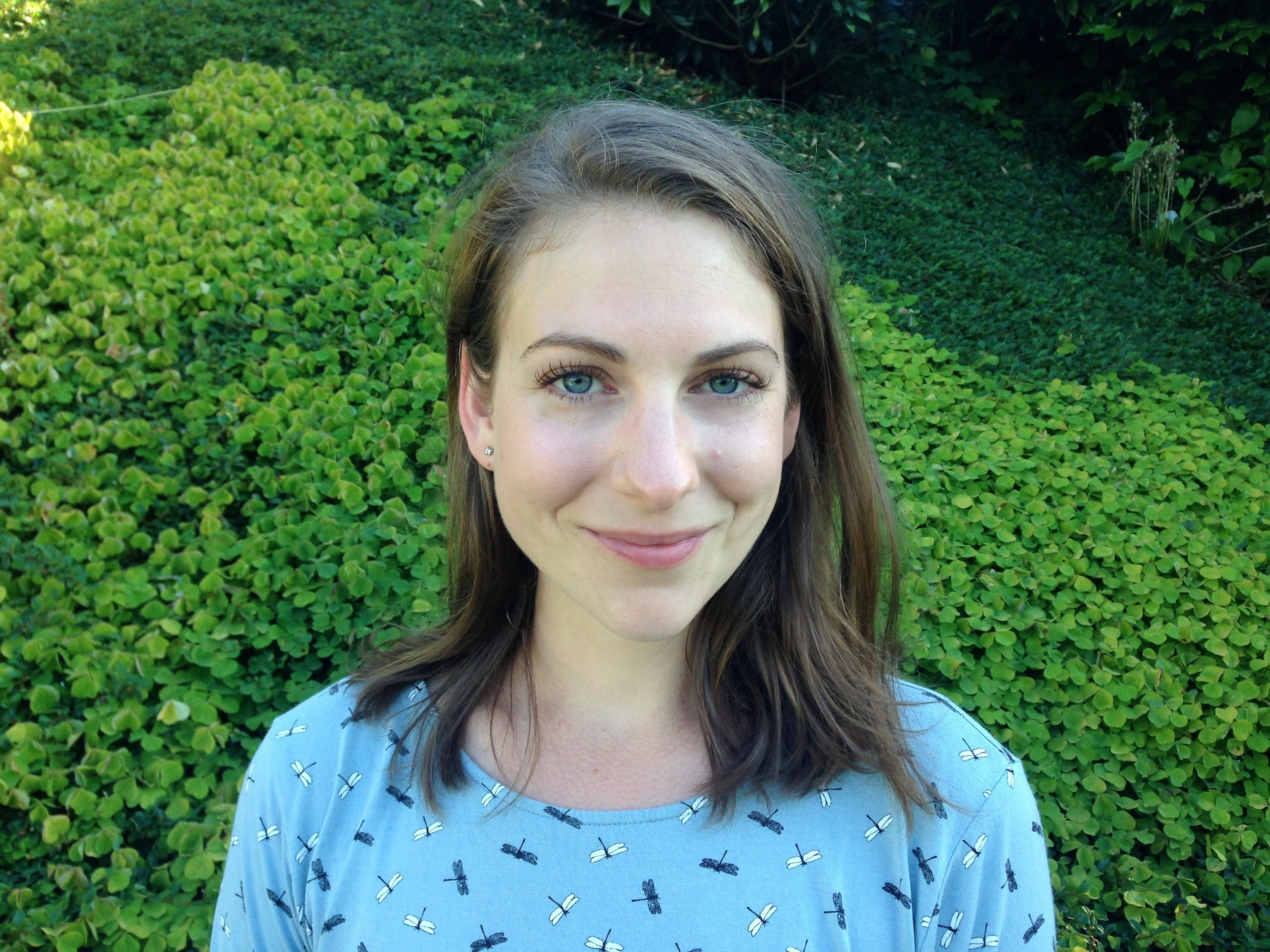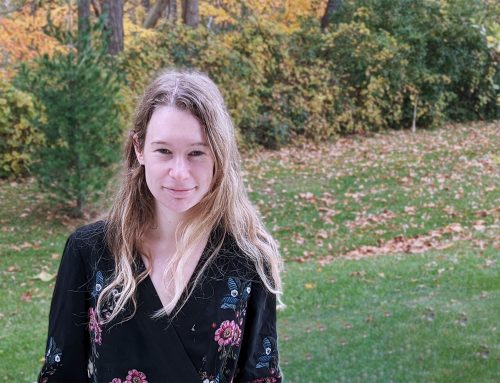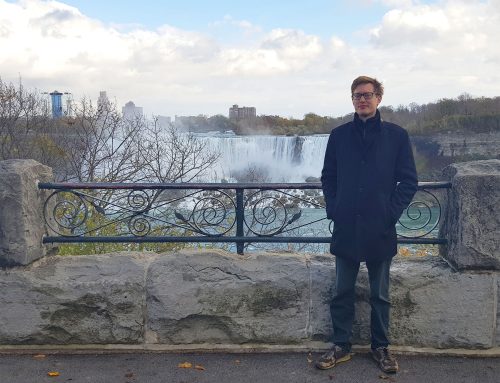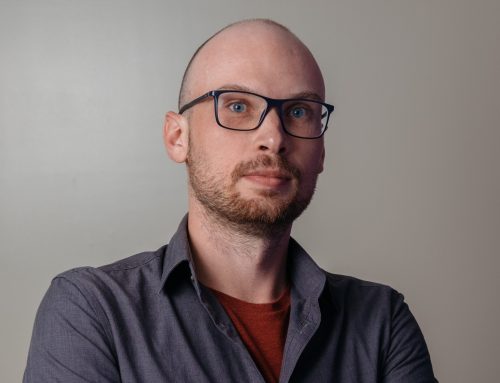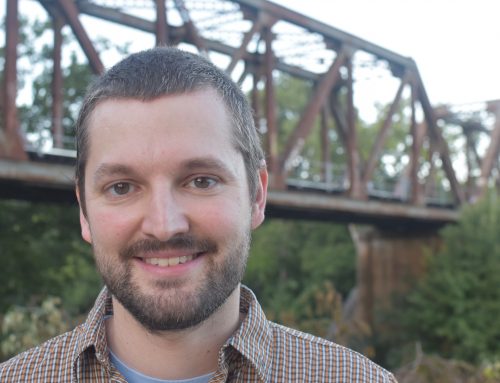Rebecca Livernois joined the Rotman Institute as a postdoctoral fellow in the fall of 2019. In her work she highlights the conceptual and methodological shortcomings of mainstream environmental economics and carries this over to an examination of economic policies that are intended to address environmental problems. Eric Desjardins conducted this virtual interview with her to discuss her research interests, and what she’s been working on during her time here at the Institute. Interviews with our other postdocs are coming soon!
Can you tell us a little about your educational background and what drove you to become a philosopher?
I started my undergrad as an economics major at the University of Guelph. I initially took philosophy courses as electives but began to consider pursuing philosophy more seriously after studying environmental philosophy. I realized while taking courses on this topic that many of the questions that I found most interesting and important—especially questions about environmental preservation, resource extraction, and climate change—could not be answered using economics or philosophy in isolation, and instead required an interdisciplinary approach. This revealed to me the importance of understanding the connections between economics and philosophy. So, I decided to attend graduate school in pursuit of a framework for tackling these questions. After receiving a BAH with a double major in economics and philosophy, I went to UBC to complete a MA in economics followed by a PhD in philosophy, in which I specialized in philosophy of economics and the environment.
What specific project are you working on at the moment?
My main research agenda concerns the extent to which policies established in economic theory could be coherently applied in a real-world policy context. I find this particularly interesting because prominent environmental policies, such as a carbon tax rate that is determined by the social cost of carbon, are grounded in economic theory. Given the significance of these policies, it is especially important to examine the grounds for their recommendation to policymakers.
In one working paper, I argue that Pigovian policy, which is the type of policy developed in microeconomic theory to resolve a problem caused by an externality, or an unpriced spillover effect, is not as widely applicable as some economists suppose. In another paper, I analyze the assumption among both philosophers and economists that policies that aim to correct market failures are not paternalist because they implement an outcome that individuals would have chosen for themselves, but for some barrier to exchange. I argue that this is mistaken and that these policy interventions could be—and might often be—applied in a way that has paternalist elements. This is especially likely in a context where individuals suffer from failures of reasoning, including inertia or status quo bias. In another paper, I examine claims by climate economists that the carbon tax rate should be set at the social cost of carbon. I argue that this claim is not well supported by economic theory, but might instead be justified by considerations of justice.
You will be teaching a course in philosophy of economics this fall. If there is one thing that you really want the students to take away from your course, what would it be?
I would like students to gain resources and skills that help them carefully evaluate claims that are bolstered by economics, such as the claim that a market is the best way to allocate a certain good, as well as claims that are made about the economy. Depending on their interests, this might take the form of appreciating both the power and limits of economics in explaining and predicting phenomena, or scrutinizing claims they encounter in the news about the benefits or drawbacks of market-based policies.
Could you tell us something about a hobby or interest you have outside of philosophy?
I enjoy spending time outdoors. I’ve spent quite a bit of time canoeing and camping in Killarney Provincial Park, and more recently hiking and camping in parks around British Columbia. My newest interest, in lieu of these activities during the lockdown, is gardening in my (previously) barren backyard. When indoors, I enjoy playing guitar and piano, doing yoga, and painting.

